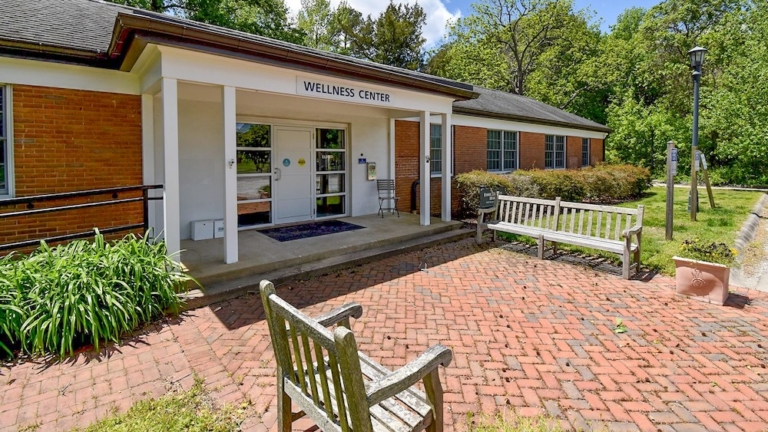At St. Mary’s College of Maryland, health and wellness are integral to student success and well-being. Our comprehensive services support physical, mental, and emotional health through on-campus medical care, counseling, fitness programs, and wellness initiatives. With a holistic approach, we empower students to thrive academically and personally in a supportive, inclusive environment. Whether through our Health Center, counseling resources, or recreational activities, we are committed to fostering a healthy and balanced campus community.
Physical Health

Located in Ethel Chance Hall, Health Services is staffed by a team of highly skilled medical professionals to assist you in addressing your physical health concerns.
Mental Health

Located in Margaret Brent Hall, Counseling & Psychological Services provides professional and confidential services in order to support the psychological and emotional development of students.
After Hours and Emergency Care
If you or someone else is experiencing a life-threatening emergency, please call 911 immediately. In the event that a psychological crisis occurs after hours, call Public Safety at 240-895-4911. They will provide assessment and coordinate transportation to St. Mary’s Hospital if needed. Emergency medical services are available at Medstar St. Mary’s Hospital. Local urgent care centers provide care on weekends and after business hours for medical care that cannot wait until our clinic reopens.
